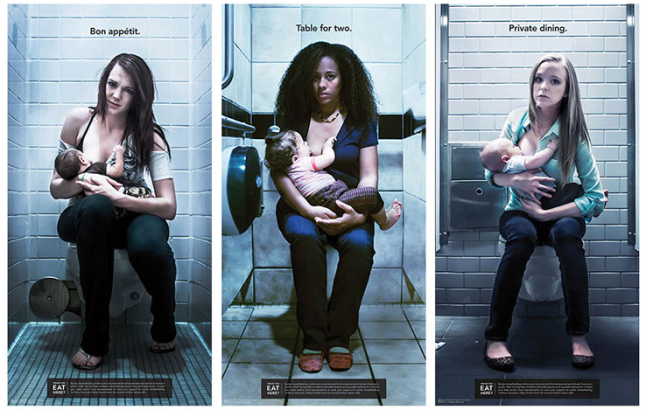Dress codes: Every student learns about these at one point or another. The age at which dress codes are enforced* is determined by the area a school is in and the school itself.
However, I have made note from a young age that while dress codes are in place for both boys and girls, most dress codes focus on the way a girl dresses in school.
In middle school, girls had to have the length of their shorts/skirts/dresses be fingertip length, the straps of their tops needed to be at least three fingertips wide, and no bra straps should EVER be seen. In addition, no article of clothing should have obscene images or words and no head coverings were allowed (except for religious/medical purposes). The consequence of violating these dress codes was to ask the girl to change into her sweaty, embarrassing gym clothes.
Boys had fewer rules about what they were allowed to have on their body. No obscene images or words, and no hats (except for religious/medical purposes). The consequence of violating these dress codes? They were asked to never wear that article of clothing in school again.
“Wait a minute”, you may be asking. “They didn’t have to change their clothes? Even though the were violating the same dress codes that would force a girl to change clothes?” Yes, at least at the school I went to, and I don’t think that this was out of the norm for public schools.
Even when girls follow the stated codes, they aren’t safe from them. I wore jeans to school one day; it was December, my legs would have been cold otherwise. I was stopped in the hall by an administrator and made to change into my gym shorts. The reason given to me was that “[My] jeans were too tight”. Too tight? That isn’t written in the Students Right and Responsibilities Handbook anywhere! They were obviously below fingertip length, they didn’t have obscene words or images anywhere; the only problem that existed was that they were form fitting. Form fitting enough that they showed my still developing, preteen, awkward figure.
In my opinion, dress codes can be harmful to the student, and I’m talking both male and female. For girls, middle school is the time where they’re MOST concerned about how they look. Body image is a big deal at this age (again, this applies to both boys and girls). Getting forced to change into gyms clothes, having to deal with the embarrassment of everyone staring at you for the rest of the day, it’s anyone’s worst nightmare. These kind of dress codes lead girls to the understanding that their bodies are shameful and embarrassing. It’s their responsibility to cover up, or someone will publicly do it for them.
Going back to my personal example, changing into my gym shorts actually showed more skin than my jeans. I couldn’t understand what I had done wrong, and was left with a sour taste in my mouth.
Dress codes can be harmful to boys too. It teaches them that girls bodies are something to be obsessed with and objectified. You know when you tell a middle school not to do something? News flash, that makes him want to do it more, just because. I can’t speak too much about the effect dress codes have on boys because I myself am not a boy. But this is what conversations with guys my age have led me to believe.
Middle school is not the time or place to teach people that girls bodies are meant to be sexualized. There is NEVER a time or place for that. There is something seriously wrong when teachers and administrators look at girls that young and think to themselves “The way she is dressing leads me to think sexual thoughts about her.” And I don’t even mean ‘sexual thoughts’ in the way ‘I want to have sex with her.’ I mean ‘sexual thoughts’ in the way ‘I notice that certain body parts, that if shown on an older woman would usually be affiliated with sex, are being shown, and I am uncomfortable about it.’ Stop sexualizing young girls’ bodies.
While some dress codes make sense and are obviously in place for practical reasons (religious/medical clothing, not being able to wear shorts and a spaghetti top in a snowstorm), other dress codes are only put in place to prevent girls from sowing their bodies. And while I agree that there is such thing as ‘school appropriate clothing’, the blame should not fall directly and fully on the girls’ shoulders. Perhaps, if we changed the way we perceived young girls bodies, we would get over our obsession with dress codes.
Feel free to share any thoughts, comments, disagreements/differing views on this topic and any of the others I’ve posted. I realize that the content of my blog as a whole can be very controversial, and I want to have as much clear minded discussion about this as possible.
I will not approve any comments that are derogatory, off topic, or rude.
*Note: I am talking about the dress codes that concern clothes length and strap width, not dress codes about obscene images (maybe another post), head coverings, or clothes necessary for religious/medical purposes.

